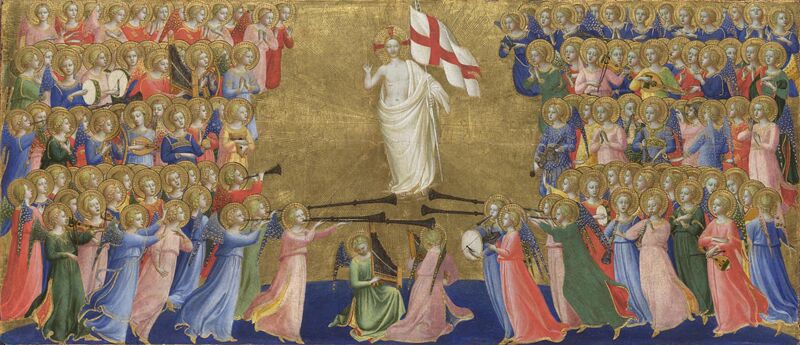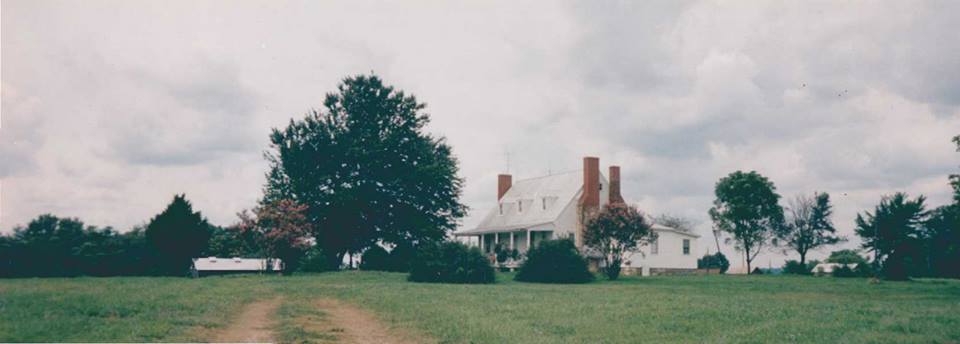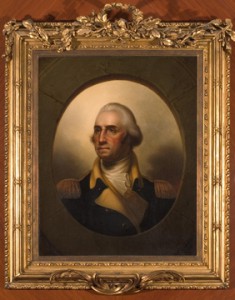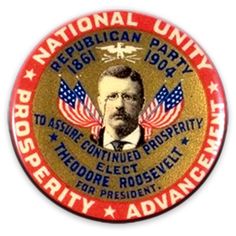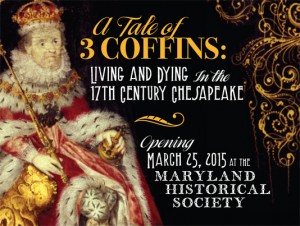 This past summer, the release of images and data discovered in the burials beneath the Jamestowne Colony’s first parish chancel attracted nationwide interest. These were remarkable for their antiquity, the prominent positions the interred colonists had occupied, and the unique reliquary buried with Captain Gabriel Archer.
This past summer, the release of images and data discovered in the burials beneath the Jamestowne Colony’s first parish chancel attracted nationwide interest. These were remarkable for their antiquity, the prominent positions the interred colonists had occupied, and the unique reliquary buried with Captain Gabriel Archer.
A generation after Jamestowne was first settled, a major settlement was made at the northern periphery of the Virginia settlement, along the Chesapeake Bay and inland to the west. In 1990, the lead coffins of St. Mary’s City’s founders, a Calvert husband and wife, were discovered beneath the Jesuit chapel there. Continue reading Founders of Maryland
